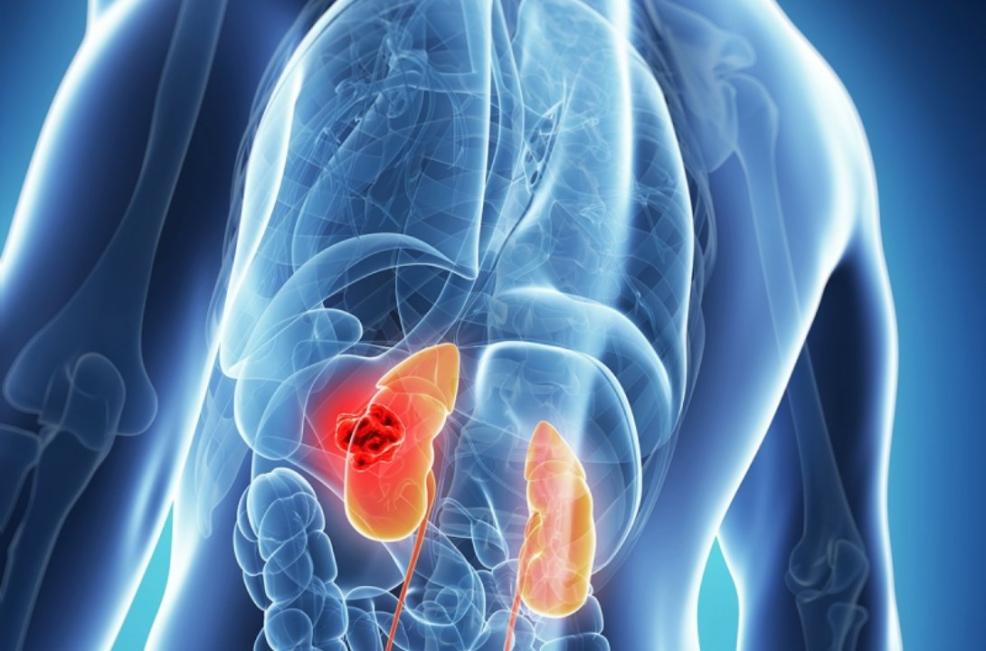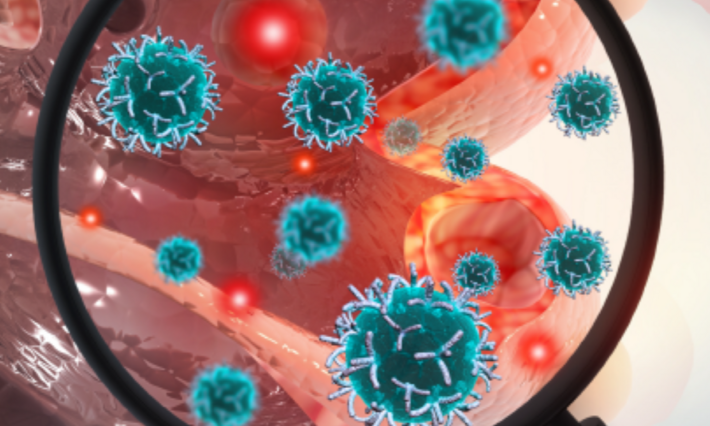In 2016, a global multi-institutional team of investigators led by Duke Cancer Institute member and professor of Medicine, Surgery, Pharmacology and Cancer Biology, Andrew Armstrong, MD, MSc, reported in The Lancet their finding that a small-molecule drug (sunitinib) they’d trialed in patients with metastatic non-clear cell renal cell carcinoma (NC-RCC) significantly increased the length of progression-free and overall survival over the alternative standard-of-care biologic agent (everolimus).
Previous to the trial, called ASPEN, both drugs had shown activity in this relatively uncommon and deadly type of kidney cancer, but the field did not have clear evidence of which approach was better. At the time, there were no optimal treatments for NC-RCC,
“Given the rarity of this cancer, we had to conduct the trial at a large number of academic medical centers in the USA, Canada, and the UK in order to be successful,” said Armstrong, the Duke site principal investigator (PI) and the overall PI of the18-site randomized phase 2 clinical trial. “Based on this trial result, sunitinib became the standard of care for NC-RCC under national and international treatment guidelines, including from the NCCN (National Comprehensive Cancer Network).”
ASPEN remains the largest treatment trial to be conducted in patients with metastatic NC-RCC.





